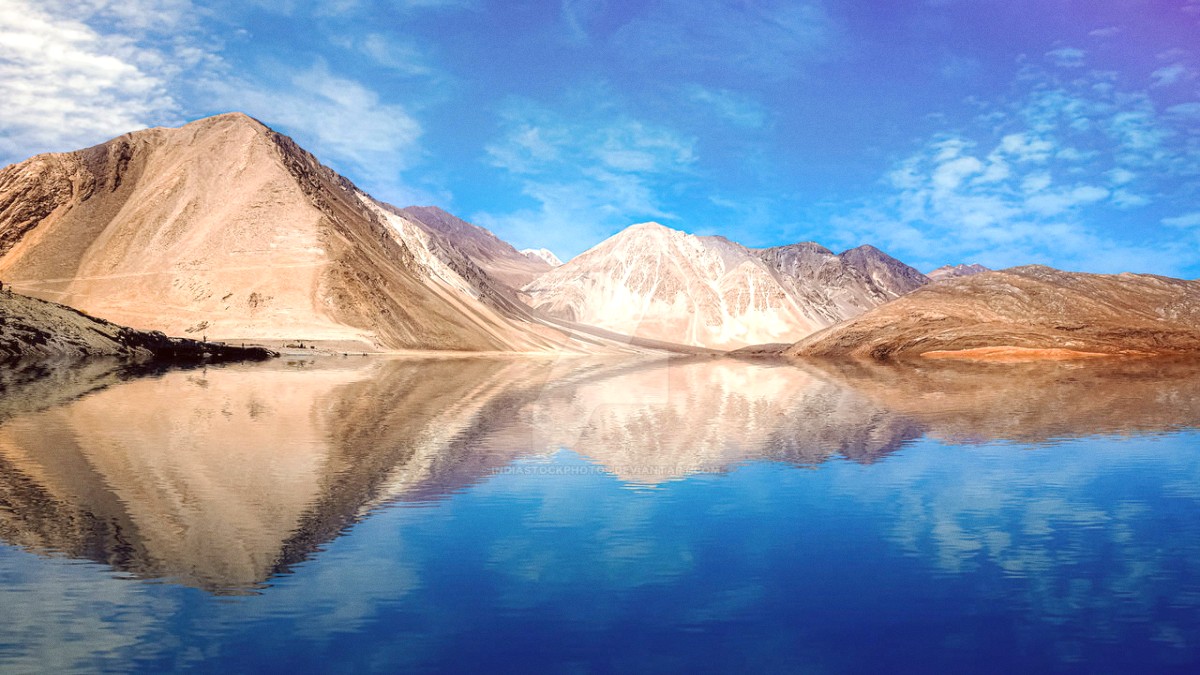
Jammu And Kashmir, India
Jio, Airtel, and BSNL/MTNL are main mobile operators. Jio and Airtel typically deliver better 4G data speeds and coverage in Leh town and major tourist areas. BSNL/MTNL may have wider but slower coverage in very remote areas.
Wi-Fi is available in most hotels, guesthouses, and cafes in Leh town. Connectivity can be slow or intermittent, especially during peak season.
Official Languages: Ladakhi, Hindi, English. Ladakhi is the local language. Hindi is widely understood in Leh. English is spoken by tourism staff. In remote villages, English proficiency may be limited.
The Google Translate app (download offline Ladakhi and Hindi language packs) aids communication.
Consider an eSIM for easy data access. Airalo offers convenient options. Or, for reliable portable Wi-Fi, check out Solis Wi-Fi.
Navigate Leh's airport with ease and plan for potential flight disruptions.
For frequent travelers, airport lounge access can be a great convenience before or after flights in major connecting hubs. Leh itself has limited facilities.
Flight delays, cancellations, or denied boarding can occur. Services exist to assist with compensation claims.
Secure your onward travel plans or a comfortable wait. Delhi, Srinagar, and Mumbai are major hubs.
These services enhance travel comfort and provide contingency for disruptions.
Several ATMs are available in Leh town from major Indian banks. Withdraw sufficient cash in Leh before heading to remote areas. ATMs may run out of cash or be offline.
Always carry enough cash for remote areas. For flight issues, services like Compensair can assist. Priority Pass offers lounge access for more comfortable waits.
Embracing local customs deepens your travel experience in Ladakh.
The most common and versatile greeting is "Juley!" (pronounced "Joo-lay"). It means hello, goodbye, thank you, please, and welcome. Use it often with a smile.
Always ask for permission before photographing people, especially monks. Photography may be restricted or charged inside monasteries. Look for "No Photography" signs.
When eating without cutlery, use your right hand. It is polite to accept food or drink offered by locals, even if you take only a small portion. Tipping is not mandatory but appreciated for good service.
Ladakhi society is relatively liberal compared to some other parts of India, but public displays of affection are not common. Solo female travelers are generally safe, but common-sense precautions are advised. While India has decriminalized homosexuality, discretion is advised in public.
Learning 'Juley!' opens doors. Dress modestly, specifically at religious sites. Ask permission for photos. Observe and learn from local customs.
Ladakh's terrain and infrastructure present specific challenges for travelers with mobility needs.
Limited: Ladakh's mountainous terrain, traditional infrastructure (uneven paths, numerous steps in monasteries and old towns, lack of ramps), and basic public transport make it challenging for travelers with mobility needs.
No specialized services (e.g., sign language interpreters, audio guides for visually impaired) are widely available for tourists.
Visitors with special mobility or sensory needs may find navigation challenging due to the mountainous terrain and traditional infrastructure.
While Ladakh presents unparalleled beauty, its rugged environment may present limitations for certain travelers. Accessibility is not universally available.
Contact local travel agents specializing in accessible travel to discuss specific needs and suitable routes. Tailored plans can make a difference.
Look for hotels that explicitly state accessibility features like ramps or elevators, although these are not standard across all properties.
If you have mobility challenges, careful pre-planning and communication with local providers holds significance to ensure a safe and enjoyable trip.